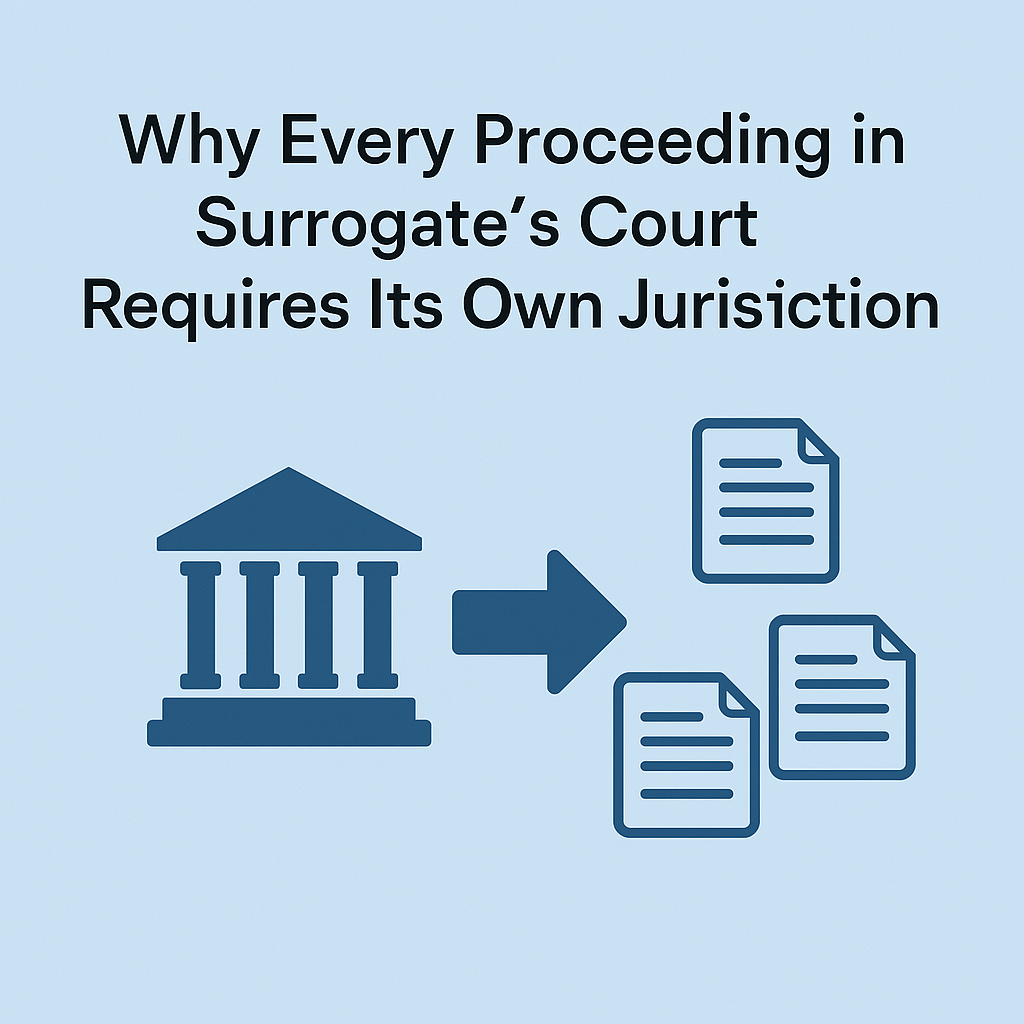On March 14, 2025, from 2:30 to 4:00 PM, estate planning professionals gathered via Zoom for an open mic session hosted by Linda Maryanov’s Think Tank study group. This ongoing discussion group provides a collaborative space for attorneys and other professionals to analyze real-world estate planning challenges and share strategies.
The following is a roundup of key topics and takeaways, organized in the order they were discussed.
Probate Administration: Sole Distributee in [Country]
Issue: A New York estate’s sole distributee is in [Country]. The estate includes U.S. and foreign brokerage accounts, as well as retirement accounts with no beneficiary designations. The discussion focused on the challenges of transferring assets and tax implications.
We Discussed:
- Whether U.S. custodians would require withholding on distributions to a beneficiary in [Country].
- How the U.S.-[Country] tax treaty impacts the taxation of different account types.
- Whether Roth accounts retain their tax-free nature when inherited by a non-U.S. resident.
- The logistical and legal considerations of transferring foreign brokerage assets to a beneficiary in [Country].
💡 Key Takeaway: Cross-border estate administration requires careful planning to navigate tax treaties, withholding rules, and foreign asset transfers.
Can an LLC Be a Trust Beneficiary?
Issue: A testamentary trust was created to fund a beneficiary’s health insurance, with the remainder passing to an LLC that owns real estate in [State]. The question was whether the LLC could renounce its interest or be removed from the trust.
We Discussed:
- Whether the LLC can legally renounce its remainder interest and the potential gift tax implications for LLC members.
- Whether the LLC interest could be assigned to remove it from the trust structure.
- The possibility of decanting the trust into a new trust without the LLC.
- Whether judicial modification is possible.
💡 Key Takeaway: Naming an LLC as a trust beneficiary can create unintended complications—removing it may require renunciation, assignment of the LLC interest, decanting, or judicial modification.
When a Trustee is Estranged: What Happens?
Issue: A probate petition involves a trustee who is estranged from the family and not participating in trust administration.
We Discussed:
- The legal process for removing a non-responsive trustee through court intervention.
- Whether an executor can appoint a replacement trustee if authorized by the will.
- The potential delays and legal costs associated with an uncooperative trustee.
💡 Key Takeaway: Naming successor trustees—and ensuring a backup plan for uncooperative fiduciaries—can prevent unnecessary probate delays.
Additional Discussion After the Meeting Ended
After Linda officially ended the session, a few attendees stayed on to continue the conversation informally. The discussion covered income determinations in income-only trusts, fiduciary accounting adjustments, and the elective share's impact on trusts.
Determining "Income" in an Income-Only Trust
Issue: A trustee managing an income-only trust needed guidance on determining what qualifies as "income" for distribution purposes.
We Discussed:
- Whether "income" is defined by fiduciary accounting rules or tax principles.
- How the New York Uniform Principal and Income Act (NY-UPAIA) determines trust income.
- Whether capital gains should ever be treated as "income" for distribution purposes.
💡 Key Takeaway: Trustees must rely on fiduciary accounting principles, not tax law, to determine "income" unless the trust document specifies otherwise.
Fiduciary Accounting: Power to Adjust & Invasion of Principal
Issue: A trustee sought guidance on when they can adjust between income and principal or invade principal for a beneficiary.
We Discussed:
- The power to adjust under the NY-UPAIA and how it allows trustees to rebalance distributions.
- Situations where principal invasion is permitted to support a beneficiary's needs.
- The importance of proper fiduciary accountings to document adjustments and prevent disputes.
💡 Key Takeaway: Trustees must balance their duty to income and remainder beneficiaries, ensuring that any adjustments or principal invasions are well-documented and authorized by law.
Spouse’s Right of Election & Tenancy by the Entirety
Issue: A discussion arose about how a surviving spouse’s right of election interacts with tenancy by the entirety, including how the elective share calculation treats this type of property.
We Discussed:
- Whether tenancy by the entirety property is included in the elective share calculation.
- How each spouse is said to own 100% of the property, yet 50% may count against the elective share.
- Whether a spouse can sell or mortgage their tenancy by the entirety interest, and how this affects the surviving spouse’s rights.
- Why a surviving spouse acting as executor may have to file a right of election against themselves.
- The concept of mutual reciprocal wills, which are allowed in New York but appear to be rarely used, despite being well-suited for couples with tenancy by the entirety property.
💡 Key Takeaway: Tenancy by the entirety can reduce a surviving spouse’s elective share, even though courts consider each spouse to already own 100% of the property. This raises planning challenges, particularly when a surviving spouse is also the executor. Attorneys may also want to explore whether mutual reciprocal wills are an underutilized tool for couples with jointly held property.
Future sessions will be listed in Events.
If you have thoughts or experiences on these issues, let’s continue the conversation in the comments.
- Estate Administration
- Cross-Border Estate Planning
- Elective Share
- Fiduciary Accounting
- International Estate Planning
- Limited Liability Company
- Linda Maryanov
- Retirement Assets
- Thursday Think Tank
- Trusts: Income-Only
- Trusts: Power to Adjust
- Trusts: Remainder Beneficiaries
- Trusts: Trustee Removal
Hani Sarji
New York lawyer who cares about people, is fascinated by technology, and is writing his next book, Estate of Confusion: New York.




Leave a Comment